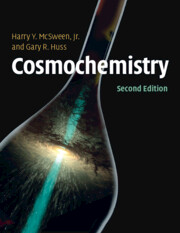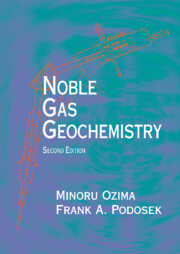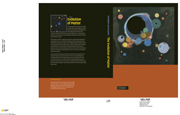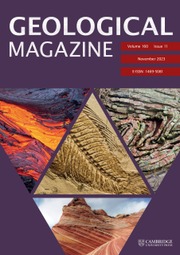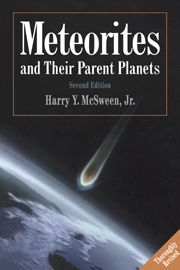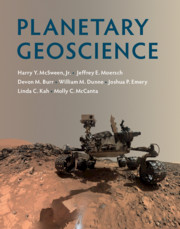Cosmochemistry
Cosmochemistry is a rapidly evolving field of planetary science and the second edition of this classic text reflects the exciting discoveries made over the past decade from new spacecraft missions. Topics covered include the synthesis of elements in stars, behaviour of elements and isotopes in the early solar nebula and planetary bodies, and compositions of extra-terrestrial materials. Radioisotope chronology of the early Solar System is also discussed, as well as geochemical exploration of planets by spacecraft, and cosmochemical constraints on the formation of solar systems. Thoroughly updated throughout, this new edition features significantly expanded coverage of chemical fractionation and isotopic analyses; focus boxes covering basic definitions and essential background material on mineralogy, organic chemistry and quantitative topics; and a comprehensive glossary. An appendix of analytical techniques and end-of-chapter review questions, with solutions available at www.cambridge.org/cosmochemistry2e, also contribute to making this the ideal teaching resource for courses on the Solar System's composition as well as a valuable reference for early career researchers.
- An interdisciplinary approach demonstrates how chemistry, nuclear physics, astrophysics and planetary geoscience can be combined to explain the chemistry of the Solar System
- Provides key background theory and definitions to make complex topics accessible to students from various academic disciplines
- Examples and exercises help students become proficient in the quantitative aspects of the topic
Reviews & endorsements
'Cosmochemistry deserves a wide distribution as a text for undergraduate and research students. Indeed, the book is worthy of the American Astronomical Society's Chambliss Astronomical Writing Award given for textbooks at either the upper-division or graduate level.' David L. Lambert, The Observatory
'The authors … have done an admirable job of providing context for the ongoing research in this field, and the current and anticipated results from the exploration of the solar system by spacecraft, including returned samples from asteroids, the Moon, and Mars.' Christopher Herd, American Mineralogist
'It would be effectively impossible for any textbook to capture the current state of cosmochemistry, given the pace of discovery. The authors … acknowledge that their book is a snapshot. However, they have done an admirable job of providing context for the ongoing research in this field, and the current and anticipated results from the exploration of the solar system by spacecraft, including returned samples from asteroids, the Moon, and Mars.' Christopher Herd, American Mineralogist
Product details
February 2022Adobe eBook Reader
9781108881128
0 pages
This ISBN is for an eBook version which is distributed on our behalf by a third party.
Table of Contents
- 1. Introduction to Cosmochemistry
- 2. Nuclides and Elements – The Building Blocks of Matter
- 3. Origin of the Elements
- 4. Solar System and Cosmic Abundances – Elements and Isotopes
- 5. Presolar Grains – A Record of Stellar Nucleosynthesis and Processes in Interstellar Space
- 6. Meteorites and Interplanetary Dust – A Record of Nebular and Planetary Processes
- 7. Element Fractionations by Cosmochemical and Geochemical Processes
- 8. Stable-Isotope Fractionations by Cosmochemical and Geochemical Processes
- 9. Radioisotopes as Chronometers
- 10. Chronology of the Early Solar System
- 11. The Most Volatile Elements and Compounds – Ices, Noble Gases, and Organic Matter
- 12. Planetesimals – Leftover Planetary Building Blocks
- 13. Chemistry of Planetesimals and Their Samples
- 14. Geochemical Exploration – The Moon and Mars as Case Studies
- 15. Cosmochemical Models for the Formation and Evolution of Solar Systems
- Appendix: Analytical Techniques Commonly Used in Cosmochemistry
- References
- Index.

